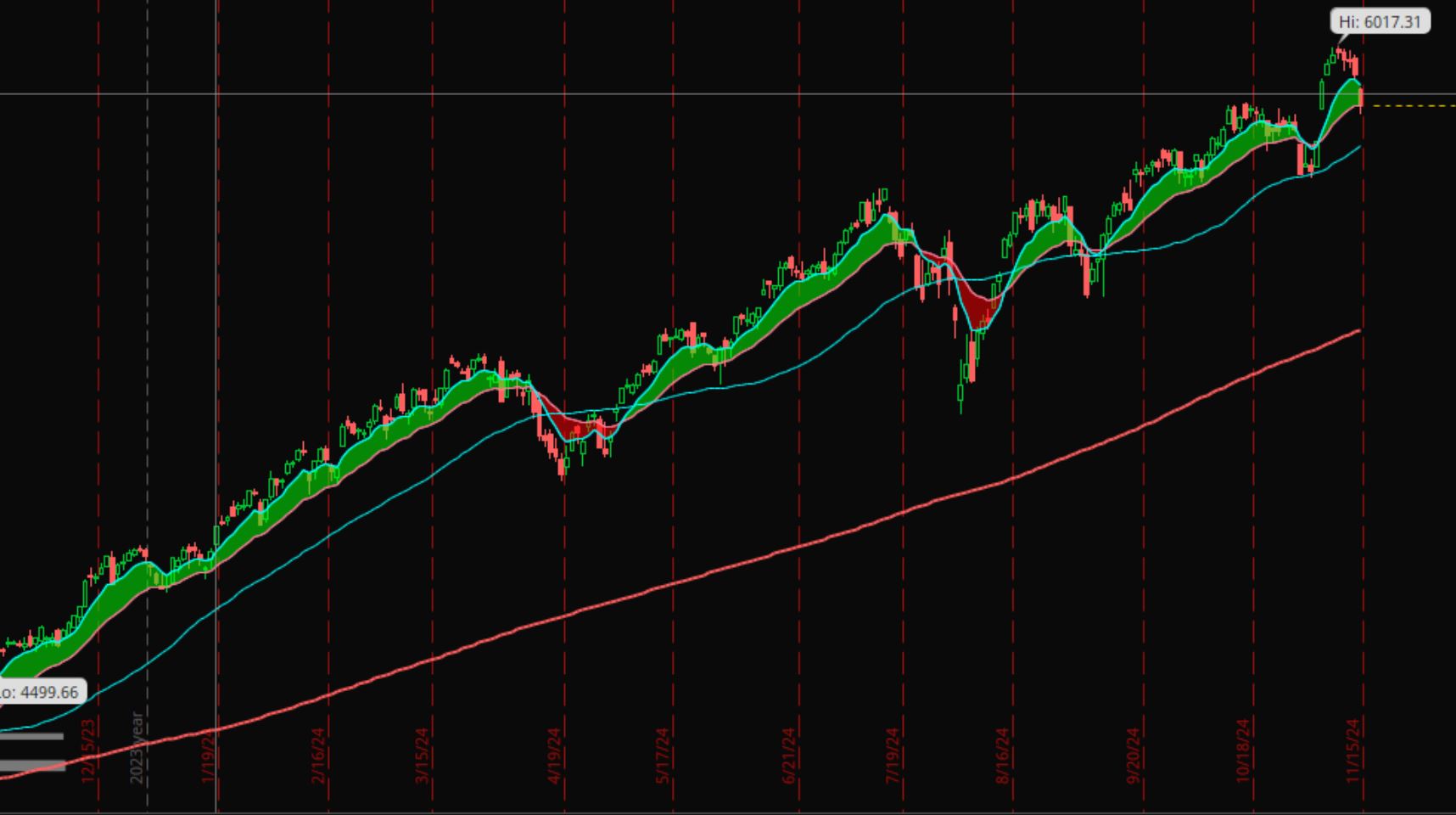If you’ve been following the stock market this week, you may have noticed some eye-catching price movements.
Charles Schwab (SCHW) surged 6% on Tuesday, Netflix (NFLX) jumped 10% on Wednesday, and GE Aerospace (GE) increased 7% on Thursday. These dramatic price shifts added a staggering $56 billion to the combined market capitalization of these three companies in just a few trading sessions. Netflix alone saw its value jump by $35 billion, all in a single day.
While these sharp movements might seem unusual, they are part of a familiar pattern during “earnings season,” when publicly traded companies release their quarterly earnings reports. These reports provide a snapshot of a company’s performance and give investors a chance to evaluate the business’s financial health.
But here’s the thing: while quarterly earnings reports seem like a big deal, they’re just a small piece of the puzzle when it comes to valuing a company, especially for long-term investors.
The “Earnings Season” Frenzy
Every three months, as part of this earnings season, companies release their quarterly earnings reports, and the media and analysts go into overdrive. They compare a company’s actual results to analysts’ expectations, creating dramatic headlines about which companies “beat” or “missed” their targets. The results can cause market swings, with investors reacting to the slightest surprises or deviations.
For example, Netflix’s 10% surge this week came after the company reported strong subscriber growth, which encouraged investors. GE and Schwab also saw significant gains after exceeding profit expectations. While these moves are not insignificant, they often represent short-term reactions to specific data points—like a single game in a much larger season.
Buffett’s View on Quarterly Earnings
This is where the wisdom of Warren Buffett, one of the most successful long-term investors of all time, comes into play. Buffett is famously skeptical of the obsession with quarterly earnings reports. He once said, “The stock market is filled with individuals who know the price of everything, but the value of nothing.”
Buffett believes that focusing on quarterly results can be distracting for investors. He argues that short-term market movements based on quarterly earnings are often noise and should not dictate an investor’s decisions. For Buffett, the true value of a company isn’t determined by a few months of performance; it’s about the company’s long-term potential and the consistency of its operations over many years.
In fact, Buffett avoids focusing on quarterly earnings reports for companies he holds for the long term. Instead, he looks at factors like a company’s management, its competitive advantages, and its ability to generate consistent profits over time. In his view, a few months of earnings data is just a tiny piece of the puzzle—and often an irrelevant one in the broader scope of investing.
Quarterly Earnings: A Small Piece of the Pie
Let’s go back to the stock market movement we saw this week. Netflix’s $35 billion surge wasn’t a reflection of a complete overhaul of the company’s value; it was a market reaction to a single data point—strong subscriber growth in one quarter. But if you take a step back, you’ll realize that this is just a small piece of the pie when it comes to understanding the company’s true worth.
Think of it this way: imagine you’re watching your favorite football team play. A single game might have some exciting moments, but it’s the entire season that truly matters. A team could have a stellar second quarter or a dramatic win in one game, but what matters is how they perform over the full season. The same applies to companies: their value isn’t determined by one quarter’s earnings, but by their overall performance, consistency, and long-term growth trajectory.
Buffett’s approach to investing is to look at the whole picture—the long-term growth of a company—rather than getting bogged down in short-term fluctuations. For him, it’s not about quarterly earnings; it’s about whether a company has the potential to grow and generate value over decades.
Advice for Long-Term Investors
If you’re a long-term investor, it’s important to keep this perspective in mind. The market will always experience fluctuations—whether it’s a sudden surge like Netflix’s or a sharp decline. However, these movements often have little to do with the underlying strength of the company. Instead of focusing on short-term earnings reports or trying to time the market, successful long-term investing requires patience and the ability to look beyond the noise.
When you’re evaluating a stock for long-term investment, ask yourself: Does this company have a sustainable competitive advantage? Is it well-managed? Does it generate consistent profits, even in challenging times? These are the factors that matter most over the long haul. Quarterly earnings are just one small piece of the puzzle, and in many cases, they are not as important as the bigger picture.
So, as earnings season ramps up and the media begins to buzz with headlines about which companies “beat” or “missed” expectations, remember Buffett’s advice: Focus on the long-term value, not the quarterly noise. Stick to your strategy, and allow time to work in your favor. After all, in investing, it’s not about getting caught up in the short-term swings—it’s about building wealth over time.












Leave a Reply